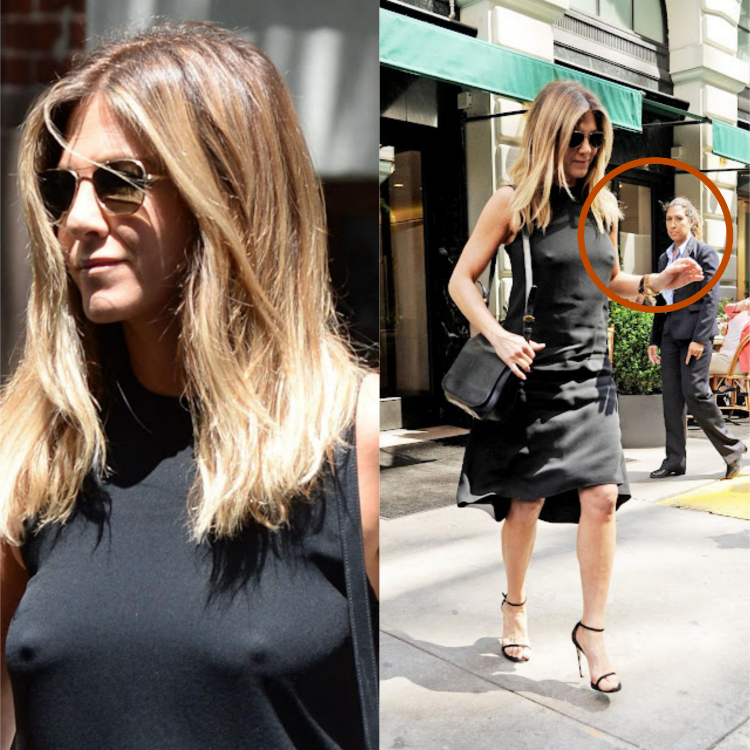As I celebrate another year of my life, I look forward to the warm and sincere blessings from my loved ones. However, as the day goes on, a tinge of sadness creeps in at the thought of possibly being overlooked by some. Despite this, each new birthday brings a chance for a new beginning. Even if I haven’t received any well-wishes yet, I choose to remain hopeful for happiness and fresh starts.
Discovering a nutritious diet for your furry companion is crucial for their overall well-being. Check out this detailed handbook on healthy eating for dogs.

Using supplements may sometimes be necessary to ensure that your dog is getting all the essential vitamins and minerals they need. Before adding any supplements to your dog’s diet, it’s always best to consult with a vet to make sure it’s the right choice for your furry friend.
Establishing healthy eating habits for your dog requires consistency and patience. It may take some time for your dog to get used to their new diet, so be patient and continue to prioritize their health and well-being through proper nutrition and care.
Making homemade meals for your dog using fresh and nutritious ingredients gives you control over what they eat and ensures they get a well-balanced diet. This way, you can provide your dog with tasty and nutritious meals that cater to their specific needs.
Rotational feeding involves mixing up your dog’s diet by alternating between different protein sources and types of food. This can help prevent food sensitivities from developing and keep mealtime exciting for your furry friend.
Some pet owners choose a raw food diet for their dogs, which includes uncooked meats, bones, fruits, and vegetables. While this diet can be beneficial for some dogs, it’s crucial to do thorough research and seek advice from a veterinarian to ensure that it’s done safely and meets your dog’s nutritional requirements.

Feeding Your Aging Pooch
: As our furry friends grow older, it’s important to cater to their changing nutritional needs. Consider switching to a diet that is lower in calories, higher in fiber, and includes supplements for joint support to help them age gracefully.
Keeping Pups in Shape
: If your dog is carrying a few extra pounds, focus on managing their weight by controlling portions, ensuring they get regular exercise, and providing a well-balanced diet. Get advice from your vet to create a personalized weight loss plan for your pup.
Nurturing the Gut
: Boost your dog’s digestive health by adding prebiotics and probiotics to their diet. These friendly bacteria can improve digestion, support the immune system, and keep their gut happy. You can find them in certain foods or as supplements.
Choosing Top-Notch Food
: When choosing food for your dog, steer clear of products containing fillers, artificial additives, and by-products. Opt for foods with high-quality ingredients like real meat and veggies as the main components for a wholesome meal.





